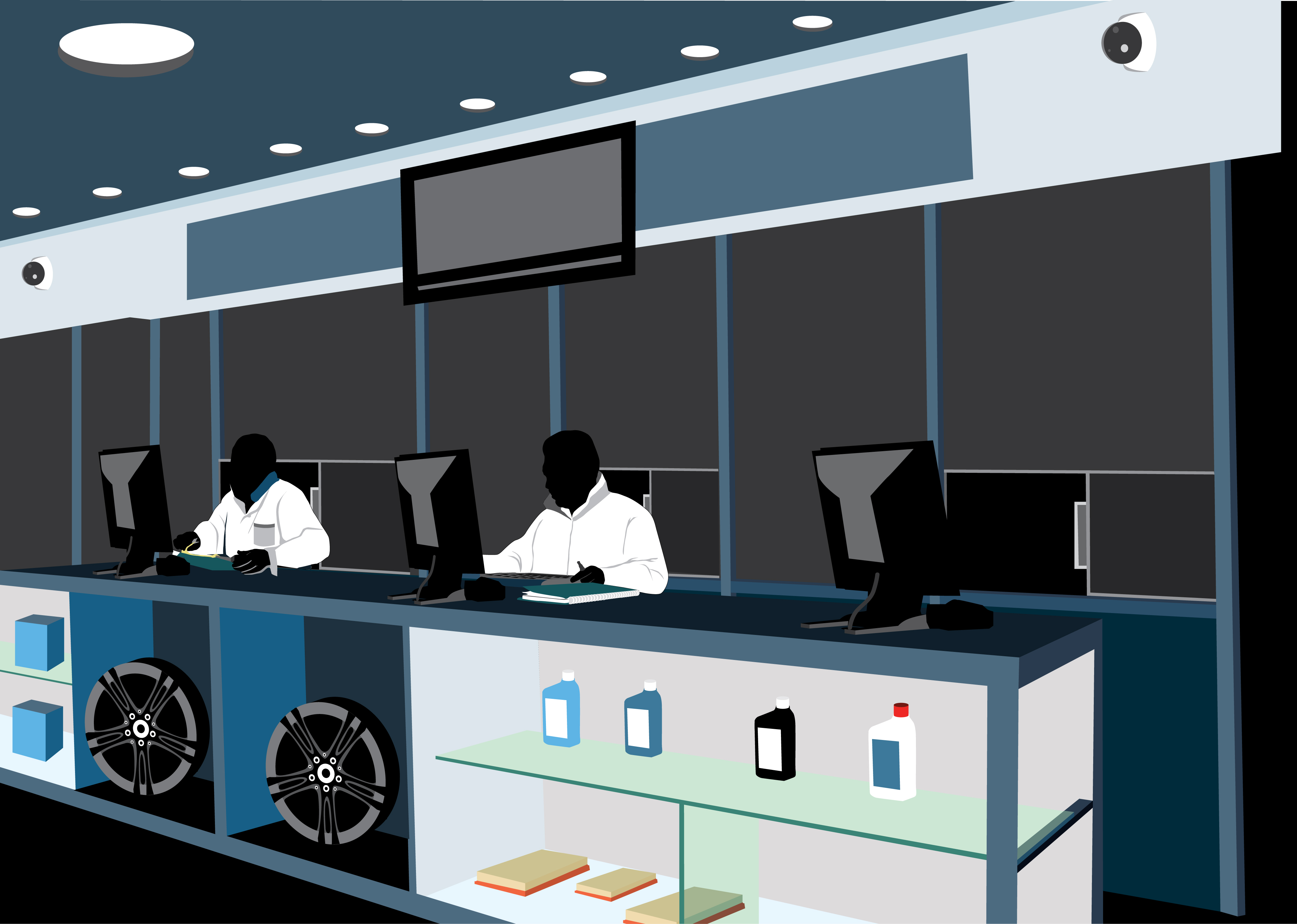Automotive service writers play a critical role in any car dealership or garage. This is mainly because these professionals act as the link between customers and mechanics. In fact, they listen carefully to customer concerns and relay such concerns to an automotive technician. Once a car’s issues have been diagnosed by a certified technician, automotive service writers are responsible for explaining these issues to the customers in Layman’s terms.
Since many people rely on their vehicles for transportation, the service that automotive service writers provide is essential to the success of many automotive businesses like garages, dealerships, custom body shops, and more. If an automotive service writer were to overlook certain aspects of their job, an entire business could lose customers and receive a bad reputation. That’s why well-trained service writers are currently in high demand.
If you’re thinking of pursuing this career path, you might benefit by learning from the blunders of service writers before you. Here’s a look at three common errors that service writers sometimes makes, and why you should avoid then once you break into the field:
1. Do Not Forget to Greet Customers As An Automotive Service Writer
During your automotive service writer career, there will definitely be days that are much more hectic than others. That’s why employers look for candidates that have excellent multitasking skills. On any given day, you might be required to enter data in the computer, order parts over the phone, and greet and help customers all at once!
The most important thing to remember is that customers should always be your top priority. If customers walk in and have to wait a few minutes before they’re even acknowledged, it’s very easy for them to walk out and never come back. Greeting customers as they come through the door is a simple gesture that should never be overlooked.
2. Never Diagnose Car Issues Without First Consulting an Auto Technician
Let’s say a customer comes into the shop and explains that there are strange tapping sounds coming from the engine of their car. Since you will likely hear this concern many times throughout your career, you might simply assume that the car’s oil is low, assuring the customer that they need an oil change, which will cost between $30 and $60. While you may in fact be right, it’s very important to first check with a certified auto technician before speaking to the customer about his or her car’s diagnosis, in order to avoid any unnecessary conflicts.
For instance, if a technician were to check under the hood of that car and discover that the noise is actually caused by a worn out rod—which typically costs about $800 to repair—you’ll be responsible for going back to your customer and telling him or her that the $30 to $60 oil change is now an $800 repair. Of course, they probably won’t be thrilled to learn about this sudden price increase, which leaves the auto shop for which you work in a vulnerable position as this incident reflects poorly on the business.
While your auto service training will provide you with a good understanding of car engines and other components, it’s important to follow procedure and work with technicians to diagnose a car before giving a customer an estimate.

3. Don’t Charge Clients without Explaining the Purchase Once You Become an Automotive Service Writer
One way to maintain an auto business’ good reputation is to explain to customers what they are paying for. Every professional automotive service writer knows that it’s important for clients to know exactly how much work goes into repairing their vehicle. When customers come to collect their vehicles, never make the mistake of simply charging them without explaining the services that were done to their car. Make sure to break down the amount of time the repair took, the parts that were used and when their next service is due. Showing customers how much work was put into servicing their vehicle creates loyalty.
Offering everyone a high level of customer service will not only give them satisfaction and boost business, it will also give you a sense of fulfillment in your career.
Are you interested in pursuing auto service training?
Visit ATC to learn more about our training programs or to speak with an advisor.


